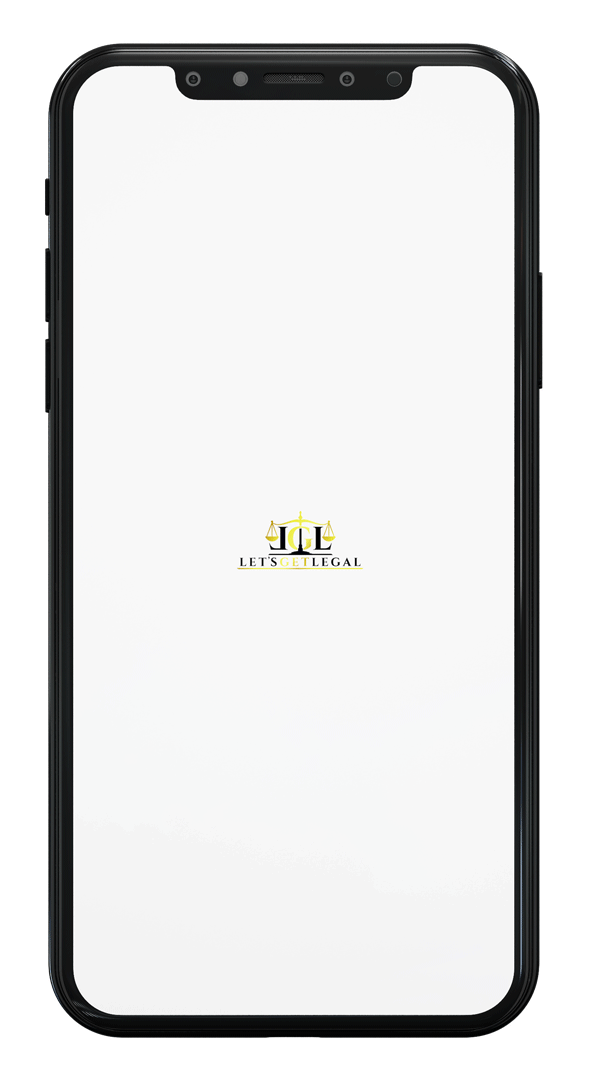
PERSONALISED SERVICE
A dedicated Case Manager ensures quick turnout to all your queries and tailored solutions that fit perfectly for your requirements.

72 HOURS DELIVERY
All your drafting queries are addressed, understood, and delivered with quality under 72 Hours.


EXPERIENCED TEAM
Our team of dynamic professionals is well experienced and extremely proficient to cater to your needs, ensuring the best service.

24/7 HELPLINE
We are available to address and clarify all your queries round the clock. So you can worry less and focus more on the business.









